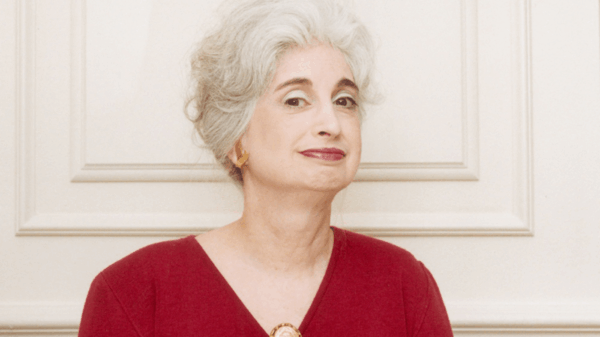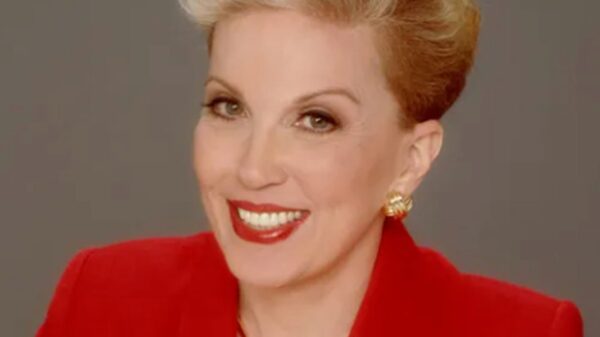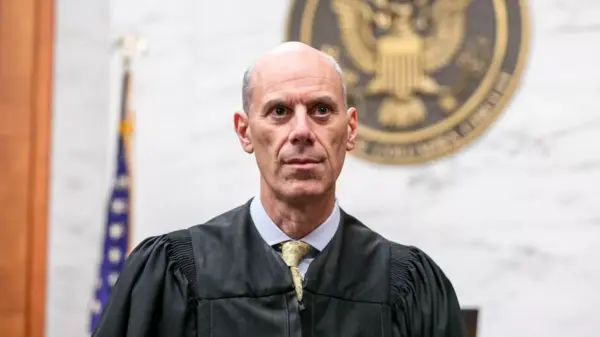DEVELOPING: A heartfelt letter to Dear Abby reveals escalating tensions between a woman and her ex-husband, who lives just two doors down. The letter highlights the emotional struggle of maintaining a friendly relationship while dealing with his increasingly disruptive behavior.
In the letter, the woman, known as Close to Losing It, expresses frustration over her ex-husband, Hal, who frequently undermines her during conversations and insists on hitching rides for family visits. This situation is particularly sensitive as both share a son who passed away a year ago, and they have been amicable out of respect for their shared loss.
However, Hal’s actions have become unbearable. “The last straw was when I was talking about a time my son asked my opinion,” she recounts. “Hal cut in to say, ‘I don’t think our son would follow your advice.’” This remark underscores Hal’s jealousy and has prompted Close to Losing It to seek a solution without escalating the conflict.
Immediate action is needed! Dear Abby advises that the next time Hal asks for a ride, she should confront him directly about his disruptive commentary. “Tell him that while you overlooked his undercutting in the past, when he said he didn’t think your son would follow your advice, he went too far,” Abby suggests. This approach aims to set firm boundaries while maintaining a semblance of friendship.
In another poignant letter, an emotional mother from New Jersey grapples with guilt over her profoundly disabled daughter, who resides in a group home. She expresses deep sorrow and concern for the future, as physical limitations prevent her from caring for her daughter as she once did. This heartfelt dilemma emphasizes the emotional toll that caregiving can take, especially as the mother contemplates her own mortality.
Abby reassures her, insisting there is no reason for guilt. “Your daughter’s disability is not your fault,” she states, emphasizing the importance of love and care over physical capability. Furthermore, she advises that the mother should ensure her daughter is cared for in the event of her passing by consulting an attorney to put her wishes in writing.
These letters reflect urgent and relatable challenges many face in their personal lives, resonating with readers who may be navigating similar situations. The emotional weight of family dynamics and the complexities of friendship after divorce underscore the importance of addressing these issues head-on.
What happens next? Readers are encouraged to share their thoughts and experiences, as these relatable issues spark important conversations about boundaries, emotional health, and caregiving. The advice from Dear Abby serves as a reminder that open communication and setting boundaries are vital components of maintaining healthy relationships.
Stay tuned for more updates on these pressing personal dilemmas, and don’t hesitate to reach out for advice if you find yourself in a similar situation.




































































